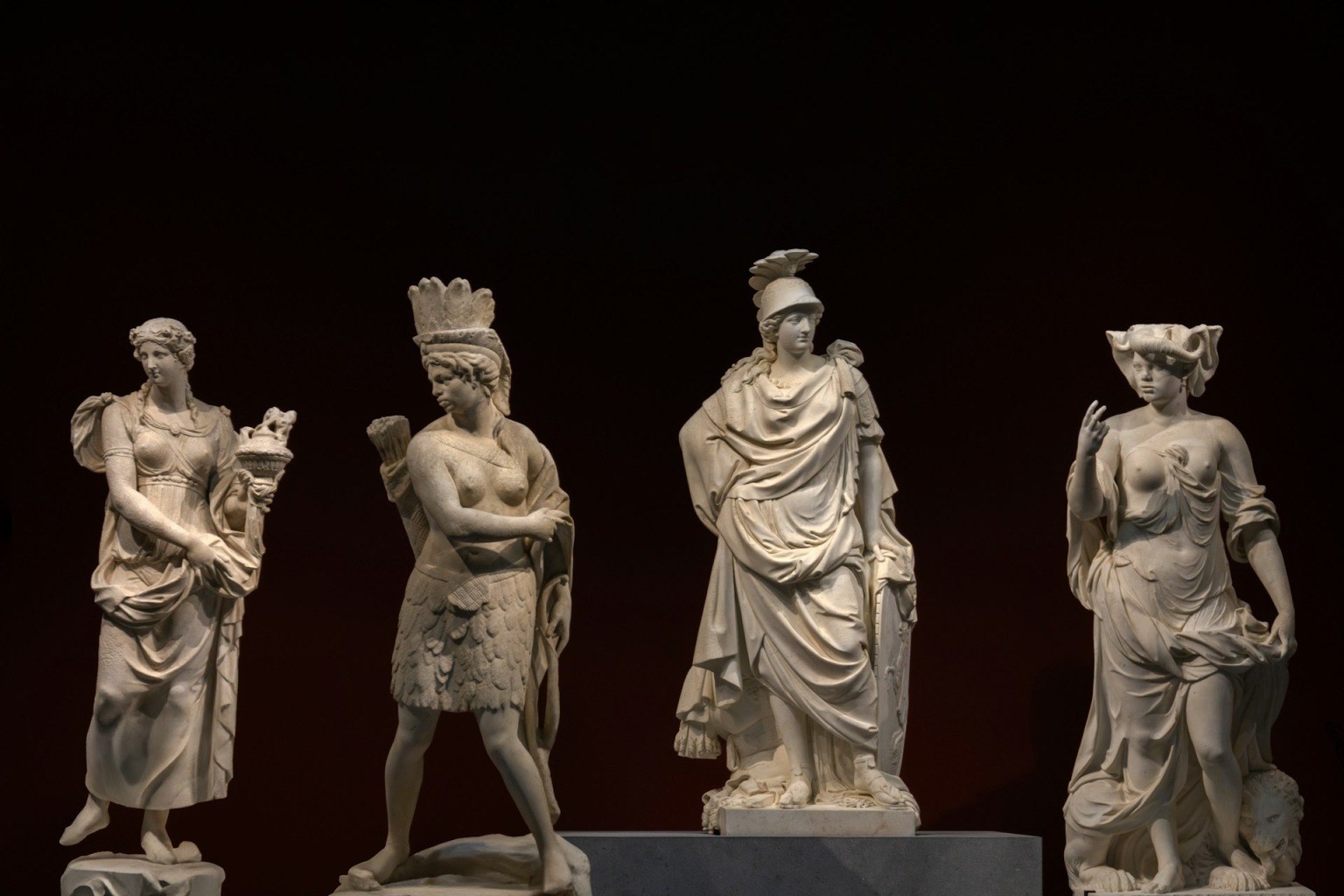
Celebrating the International Week of Science and Peace
Tatiana Charikleia Styliari

Since antiquity, the history of science is marked by thousands of people who have contributed with their observations and knowledge to discovering and understanding the world around us. Among them, there were great, talented female figures who offered pioneering scientific work. Greek Women in STEM travels back in time and discovers the female presence in STEM fields in Ancient Greece.
The first, if not the only, name that may come to mind is that of Hypatia, the most well-known woman mathematician of the 4th century BC. Her research focused on mathematics, astronomy, and engineering, while she also chaired the Neoplatonic School of Alexandria.
However, was she the only one? Well of course not. It is currently known that a total of 40 women excelled in science, 28 of whom were mathematicians of the Pythagorean School. Their names have been recorded by the mathematician and awarded for the study of ancient civilizations, Mr. Evangelos Spandagos. The need to search and discover these women began when a student of Mr. Spandagos asked:
"Besides Hypatia, were there any other women mathematicians? "
We present some indicative names of these great female figures:
• Ethra: distinguished in Arithmetic and Accounting. She was teaching with the help of an abacus and symbols: a complex Cretaceous-Mycenaean numbering system that the number zero was missing, as early as the 10th century BC.
• Theano: student and wife of Pythagoras. She was teaching astronomy and mathematics at the Schools of Pythagoras and Croton. The Pythagorean view of the “Golden Section” as well as the theory of numbers is attributed to Theano. Her works are: On Virtue, Number Theory, Cosmology, Measurement Theory, Life of Pythagoras
• Themistoclea: she was a math teacher and was the one who introduced Pythagoras to the principles of Geometry and Arithmetic. Pythagoras admired her knowledge and her wisdom. He was very inspired by her moral principles, which he adopted, a fact that made him accept women in his School.
• Aglaonice: the first woman astronomer. She could predict solar eclipses precisely with time.
• Ptolemea: new Pythagorean philosopher, mathematician and musician. Ptolemea, among other things, proved the commutative law in maths stating that any finite sum or product is unaltered by reordering its terms or factors, meaning that ab=ba and a+b = b+a.
• Polygnoti: a brilliant mathematician. She implemented the principle of acronym which simplified numerical symbols by adding alphabetical letters that each corresponded to the first letter of the number's name. That is, the letter ‘’T’’, the initial of Four (Tessera in Greek), represents the number 4.
• Timiha: Spartan by origin, she was one of the Pythagorean community's youngest members. After the destruction of the School of Pythagoras by the Democrats of Croton, she fled to Syracuse. The tyrant of Syracuse, Dionysius, demanded that Timiha reveal the secrets of Pythagorean teaching for a huge remuneration. She refused unequivocally and even cut her tongue with her own teeth and spat it in the tyrant's face.
• Lasthenia: studied mathematics and philosophy at Plato's Academy. She defined the sphere.
• Axiothea: taught mathematics, physics, and moral philosophy in Attica. She was a student at Plato's Academy.
• Arete of Cyrene: taught mathematics and physics. She authored more than forty books. She was elected to take over the management of her father’s School after his death.
Damo, Myia, Eloris Samia, Arignoti, Deino, Fintis or Filtis, Melissa, Diotima, Vitali or Vistala (connoisseur of Pythagorean mathematics), Perioktioni, Ryndako, Ehekrateia Theadousa, Vio, are among the others.
Women's presence and accomplishments in science have deep historical roots. Their imprints in the history of science comprise a cultural, spiritual legacy that needs to be followed.
Sources: [GR] [1] ΓΥΝΑΙΚΕΣ ΠΟΥ ΔΙΑΚΡΙΘΗΚΑΝ ΣΤΙΣ ΦΥΣΙΚΕΣ
ΕΠΙΣΤΗΜΕΣ ΣΤΗΝ ΑΡΧΑΙΑ ΕΛΛΑΔΑ, [2] Γυναίκες Φιλόσοφοι, [3] Υπατία, [4] AWIS (Association of Women in Science), [ΕΝ] Alic M., «Women and technology in ancient Alexandria: Maria and Hypatia. Women’s Studies International Quarterly», 308-312, 1981

Tatiana Charikleia Styliari

Dorothea Maneta

Christina Seventikidou

Alexandra Bekiaridou